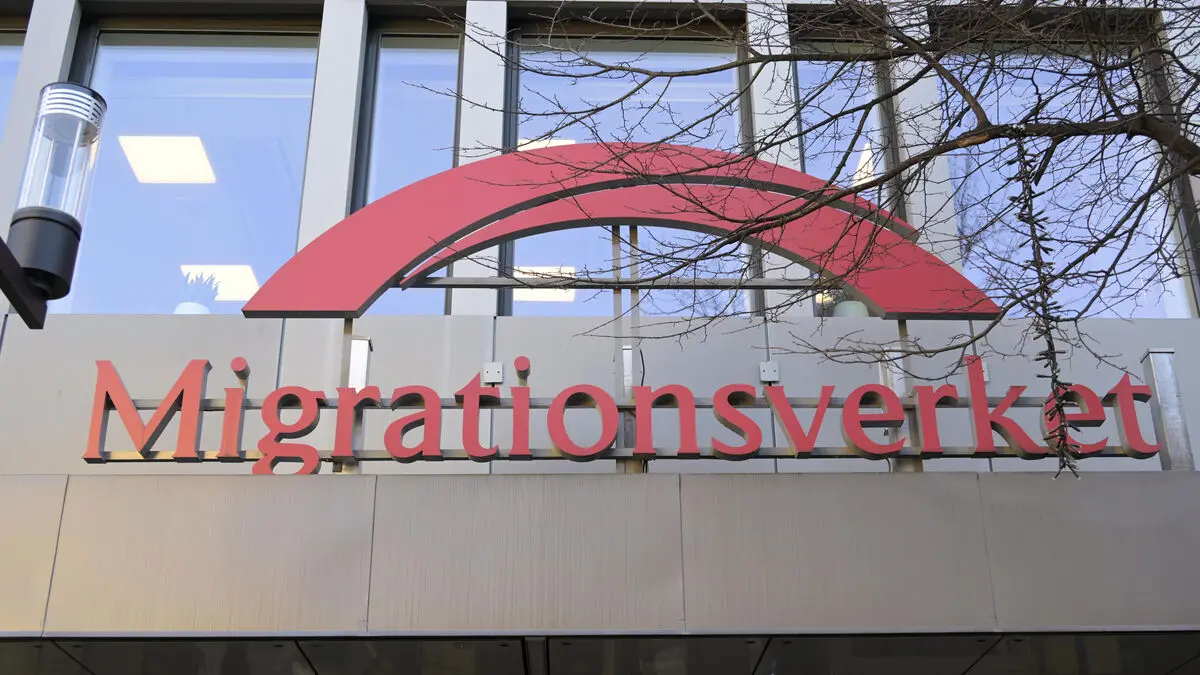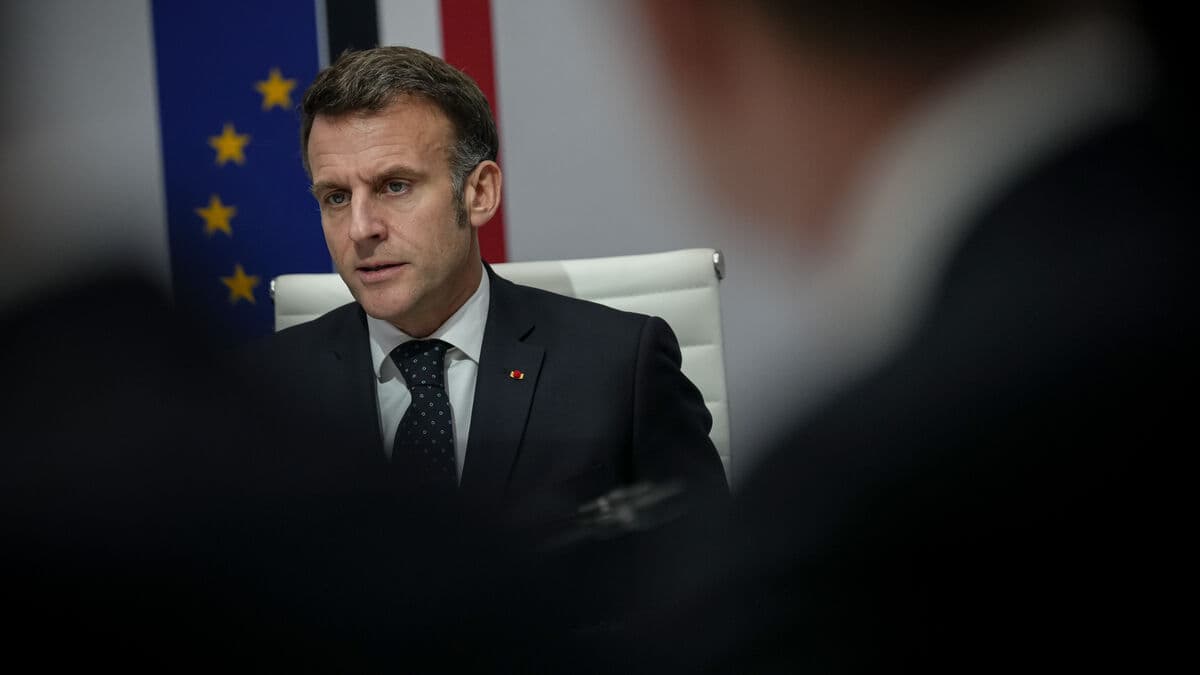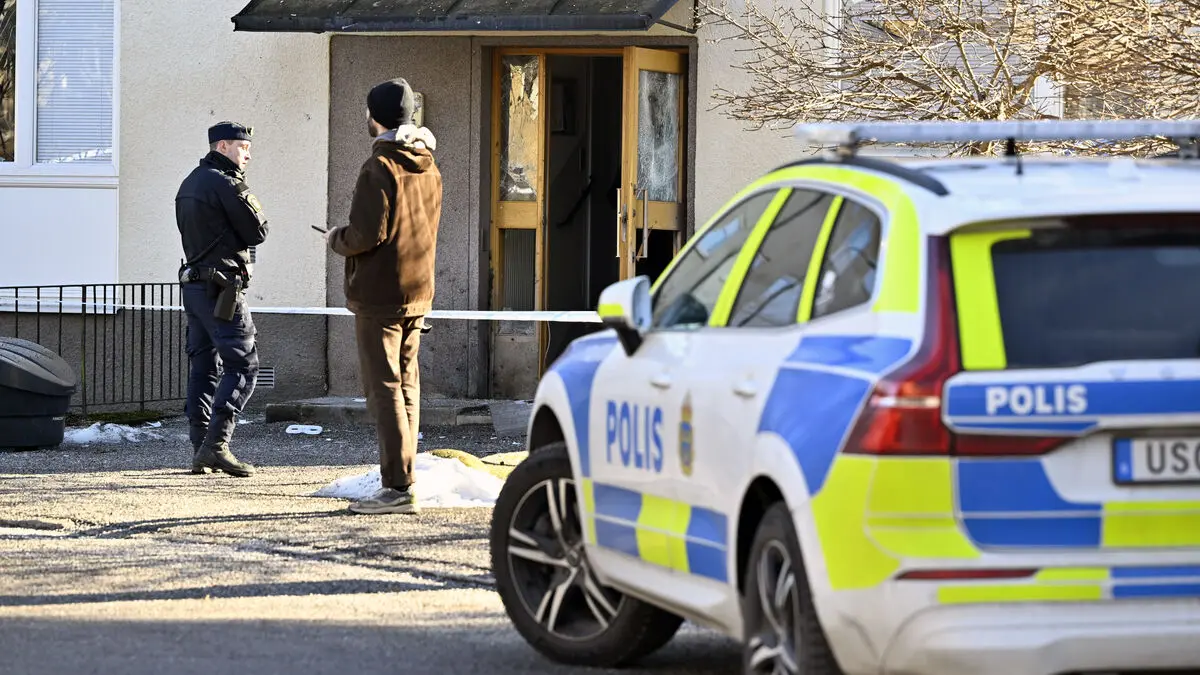In the spring, the municipality's procurement and purchasing board, on the proposal of the governing S, V, and MP, decided to stop buying goods from, among others, Israel.
The decision, which was directed against "states that illegally occupy other states", also included goods from, for example, Morocco and Russia.
According to the Administrative Court in Gothenburg, individual municipalities cannot make such decisions. According to the court, the boycott decision is a form of expression of opinion in the area of foreign policy.
"Lack of motivation"
The court had previously temporarily stopped the decision and now revokes it entirely, as it violates the Municipal Act.
It is a decision that is clearly directed towards an area that the municipality does not have to manage. It is the state's task to make statements in the area of foreign policy, says Maria Jolfors Detert, a judge at the Administrative Court.
Karin Pleijel, municipal councilor for the Green Party, disagrees.
We think that there is a lack of motivation for why they see it as an expression of opinion. We don't see it that way, but wanted to make a difference with our procurements, she says.
Gothenburg procures goods for 29 billion kronor each year and has long made many ethical demands. So we regret that the court sees municipalities as unable to use their consumer power.
Welcome by L
The red-green government has not yet decided how to proceed after the Administrative Court's ruling.
We know that it is complex with the law in these issues. But we will analyze this and assess whether we should appeal or not, says Karin Pleijel.
Axel Darvik, municipal councilor for The Liberals and one of those who appealed the decision, is more pleased that it has now been revoked.
It is an important marking by the judiciary against anti-Semitism. A municipality cannot violate the law and use this type of boycott to fuel division between groups in society, he says.






